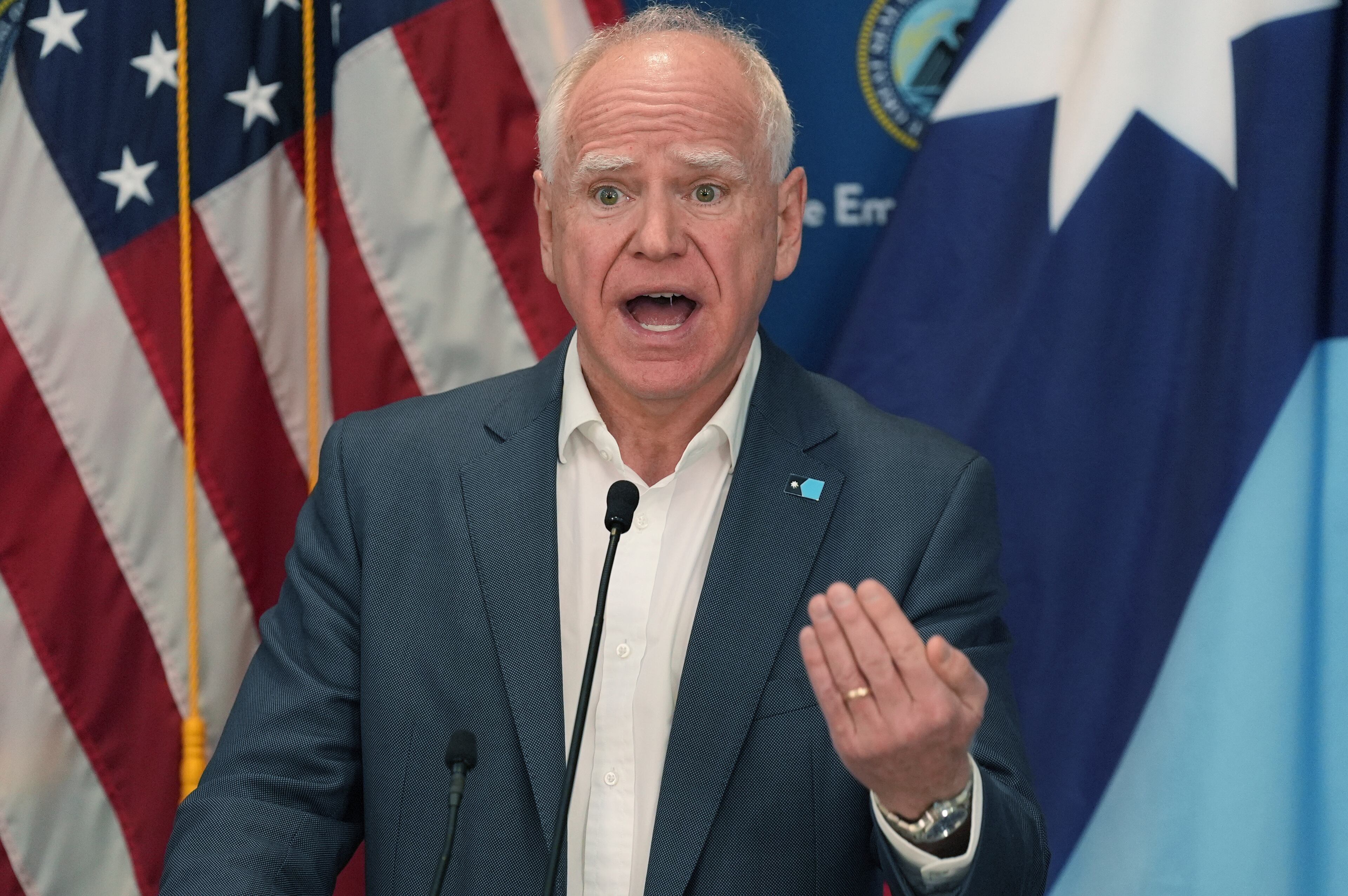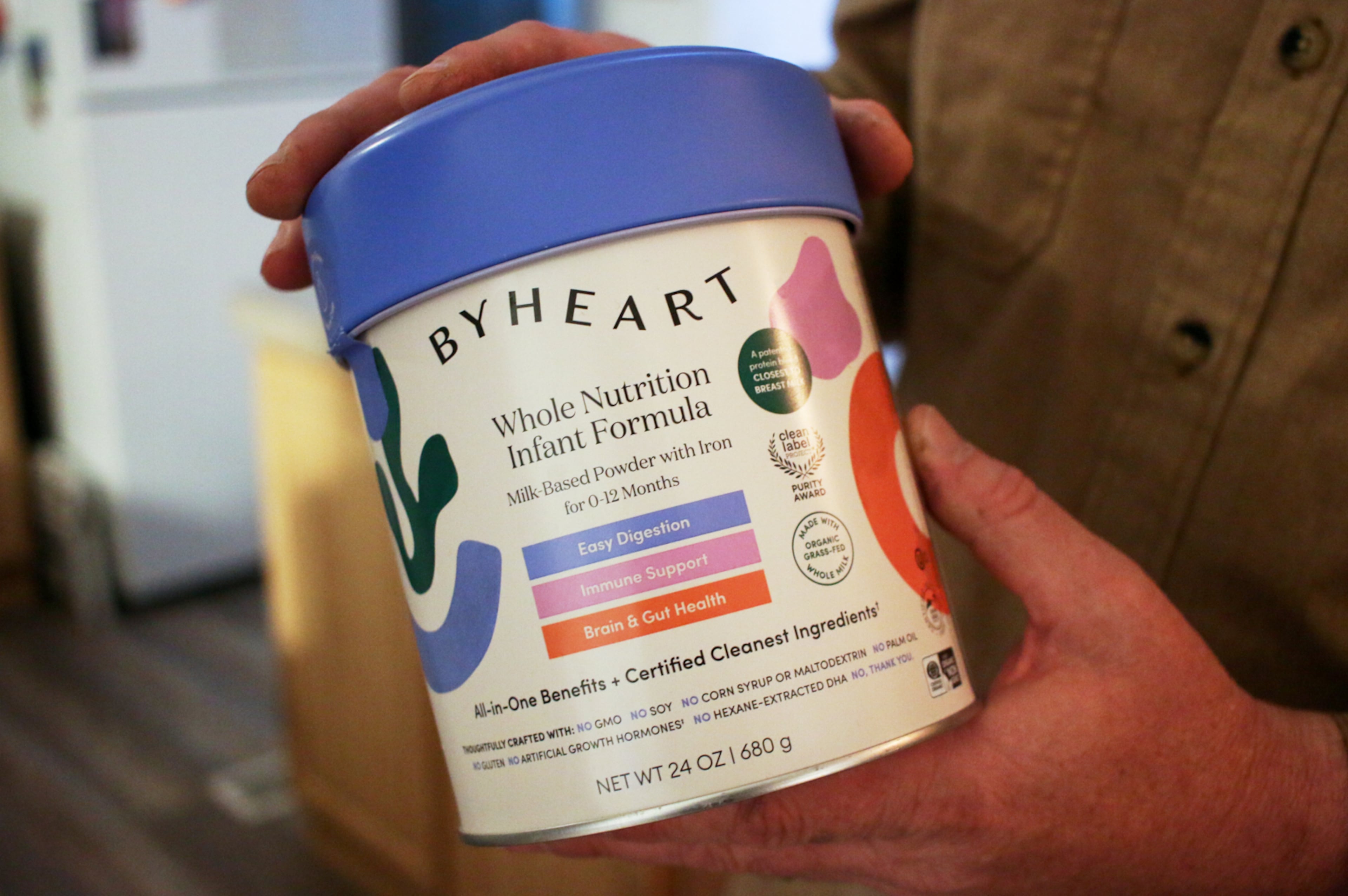Millions of lifesaving meals stalled in Georgia warehouse due to foreign aid cuts
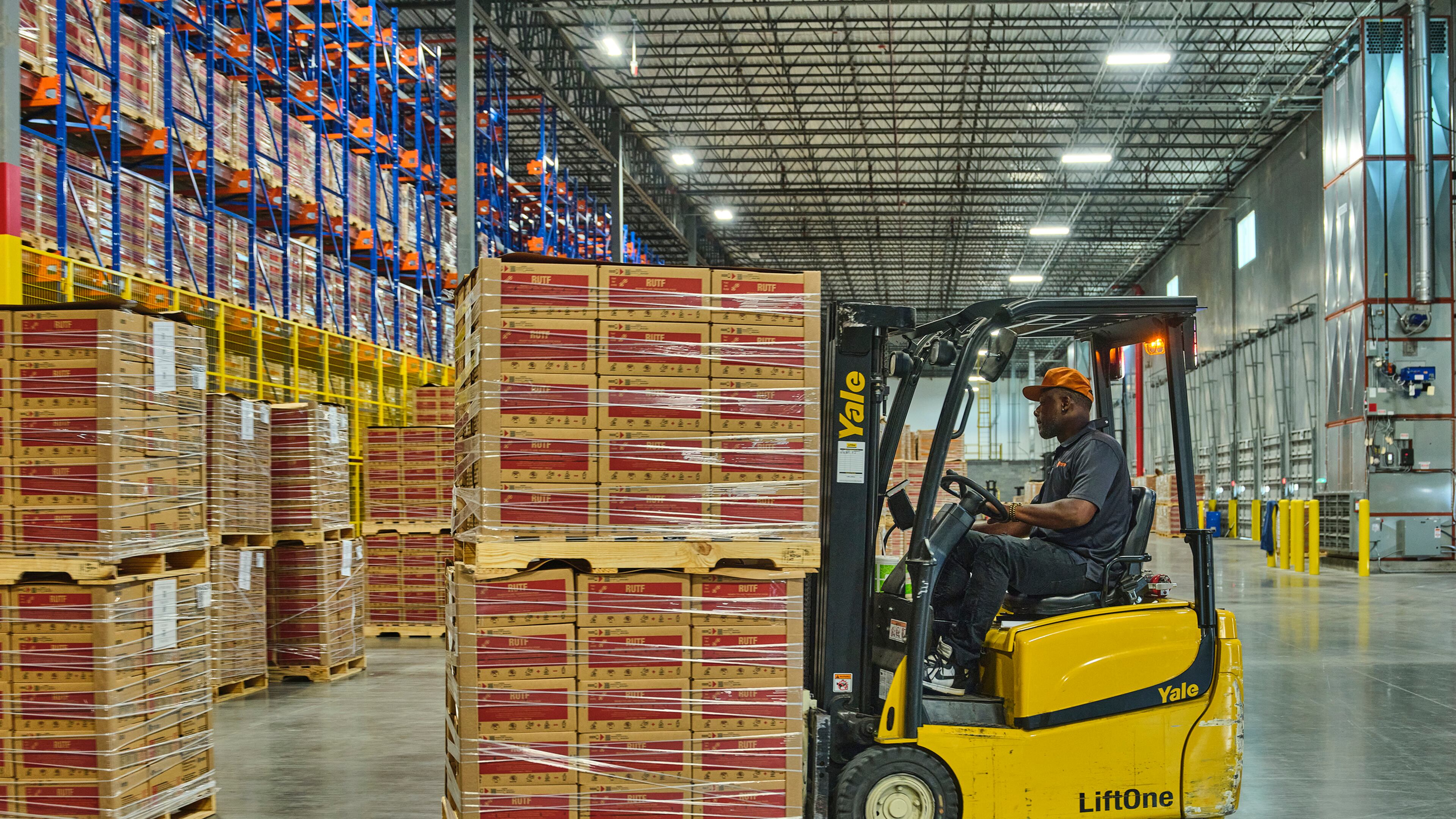
More than 70 million meal packets for severely malnourished children in Africa have stacked up in warehouses in Georgia and Rhode Island since March amid the Trump administration’s massive cuts to foreign aid, according to the food manufacturers in those states.
The dismantling of the U.S. Agency for International Development, the manufacturers said, has caused monthslong delays in federal food inspections and distribution, a process that once took weeks.
The government has already paid Georgia-based Mana Nutrition and Rhode Island-based Edesia $19.5 million combined to make the ready-to-use therapeutic food, or RUTF, much of which consists of peanuts raised by Georgia farmers.
Though the food does not require refrigeration and can stay fresh for two years, humanitarian agencies are warning of dire consequences.
At least four countries in Africa — Kenya, Nigeria, Somalia and South Sudan — are expected to run out of that food over the next three months because of foreign aid cuts, if the gaps are not filled, putting severely malnourished children at risk of dying, the charity Save the Children said last week.
In Nigeria alone where some of the U.S.-made food is supposed to be delivered, an estimated 3.5 million children under five are experiencing severe acute malnutrition and could die, if they do not receive timely treatment and food, according to Save the Children.
In response to a list of questions e-mailed by The Atlanta Journal-Constitution, the U.S. State Department released a statement, pointing to its announcement last month that the federal government is providing an additional $93 million in foreign aid. Some of that money, the agency said, will be used to transport and distribute the government’s “entire prepositioned stock” of therapeutic food.
“We anticipate the commodities will move in September,” the agency said without citing a specific date.
Since March, Mana has accumulated about 300,000 boxes of the food in its warehouse near Savannah, said Mark Moore, the nonprofit’s co-founder and CEO. Each box includes 150 food packets, enough to feed a child for about six weeks. Mana’s supply is awaiting shipment to countries in sub-Saharan Africa.
“No one is being served by it sitting here,” Moore said. “It is just the sort of sadness of: Why would we not have it out there?”
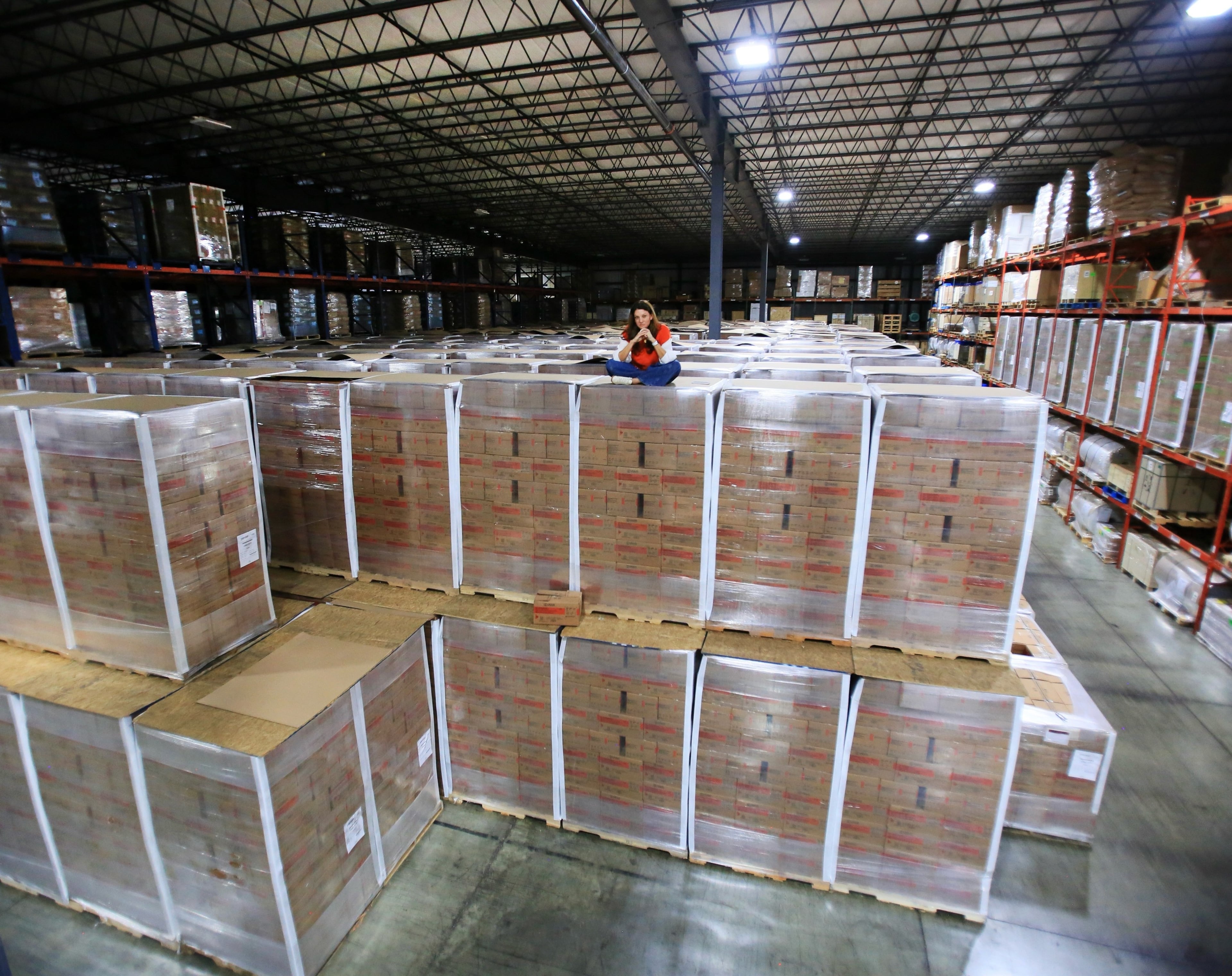
Also since March, Edesia’s supply of Plumpy’Nut therapeutic food has grown to 185,000 boxes. Each box also has 150 packets, with each packet holding 500 calories. The boxes are stored in warehouses in North Kingstown, Rhode Island, said Edesia founder and CEO Navyn Salem.
“Children need it now,” Salem said, adding: “We have got to get our supply chains and revenue streams running as soon as possible to make sure that we are minimizing the loss of life, wherever possible.”
About 122,000 boxes of Edesia’s food that should have been sent to Sudan in February didn’t go until June because of the federal government-related delays, Salem said. Meanwhile, Salem said, humanitarian workers have been rationing the therapeutic food Edesia supplied to Uganda.
Salem and Moore pointed to hopeful recent developments. When the State Department announced the $93 million in new aid last month, it said some of that money would feed nearly a million malnourished children in 13 countries, mostly in Africa.
Mana and Edesia confirmed they each received new food orders from the government in August. Mana will supply 500,000 boxes for Mali, Nigeria and other countries, while Edesia will provide about 300,000 boxes for Nigeria, Kenya and South Sudan.

Those orders followed several difficult, turbulent months for both food makers. In January, President Donald Trump signaled that major changes were coming, when he signed an executive order pausing all foreign aid for 90 days for a review. His order said the “United States foreign aid industry and bureaucracy are not aligned with American interests and in many cases antithetical to American values.”
On Feb. 3, Trump named Secretary of State Marco Rubio as USAID’s acting administrator. That same month, USAID notified Mana that it was canceling its supply contracts totaling $12 million. The Feb. 26 termination letter Mana received said the contracts were “not aligned with Agency priorities” and that “continuing this program is not in the national interest.” Less than a week later, USAID restored Mana’s contracts.
Mana employs about 130 people in Fitzgerald in South Georgia, where it operates a roughly 150,000-square-foot manufacturing plant in a peanut field. Its nutrient-dense food packets contain milk, multivitamins and peanut butter.
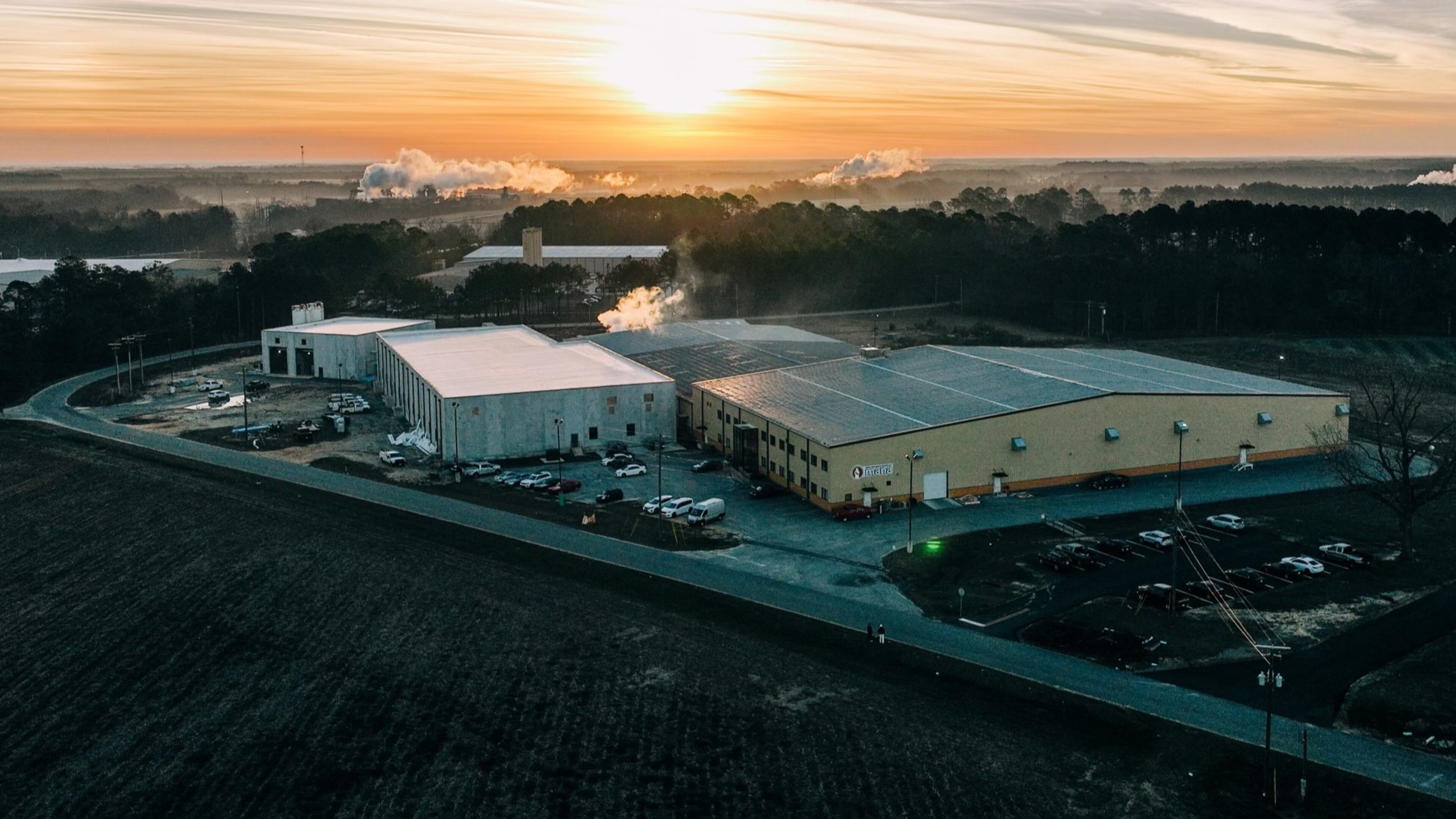
Amid this year’s deep foreign aid cuts, Edesia laid off 16 of its employees, or about 10% of its workforce, Salem said. The nonprofit has rehired some since then.
On March 10, Rubio announced the cancellation of 83% of USAID’s programs, consisting of 5,200 contracts. On July 1, the State Department took over managing the foreign aid programs USAID previously ran, including those that used therapeutic food. Last month, the White House announced it intended to cancel about $5 billion more in foreign aid programs it called “woke, weaponized and wasteful.”
The Trump administration’s moves have drawn sharp criticism from humanitarian aid groups and some lawmakers.
In July, The Lancet medical journal published research estimating USAID foreign aid prevented 91.8 million deaths from nutritional deficiencies, preventable diseases and other causes between 2001 and 2021. The research also predicted that USAID’s steep funding cuts would result in more than 14 million additional deaths by 2030, including 4.5 million children under five.
Asked to respond to the research, the State Department said it “continues to invest in effective and proven programs that reduce maternal and child deaths and achieve other critical global health goals.”
“America continues to be the most generous nation in the world,” the agency said. “It is imperative to remember that the American taxpayer was never meant to bear the full burden of taking care of every person on earth — whether that be with food, medicine, or otherwise.”

